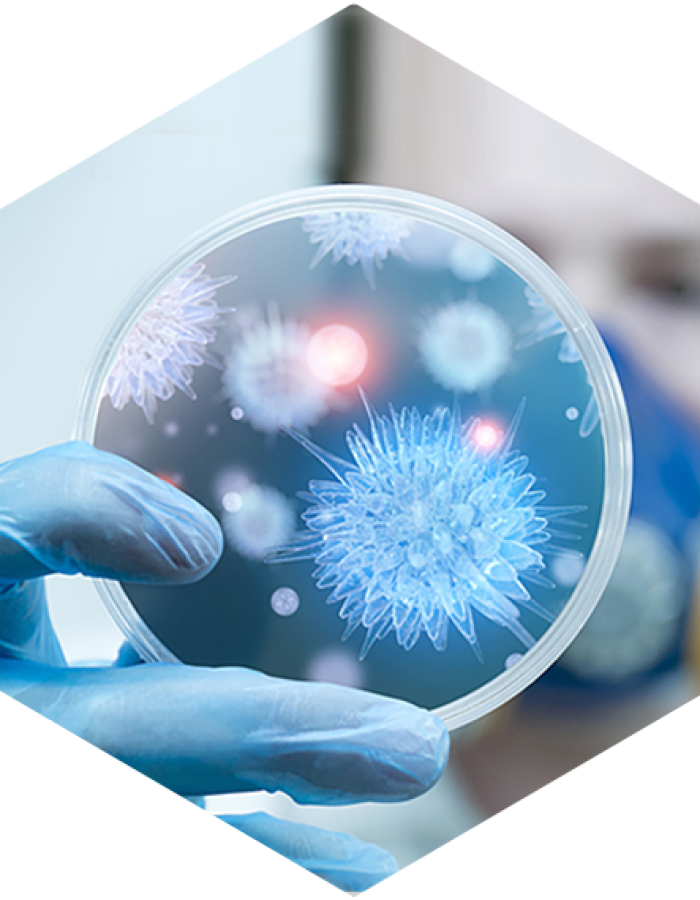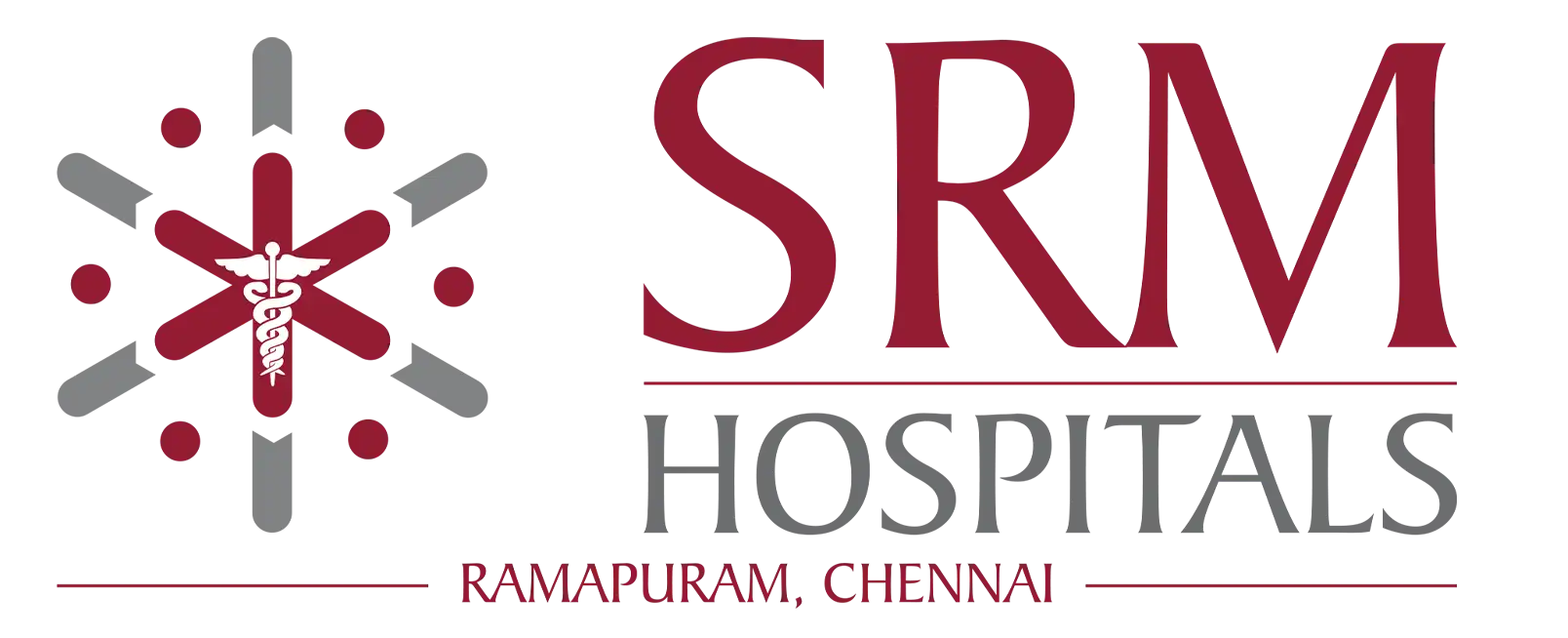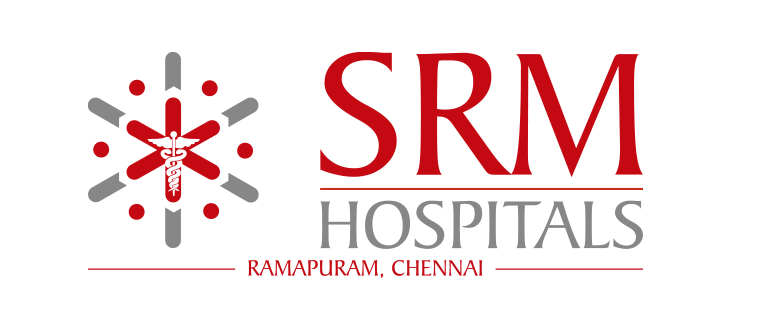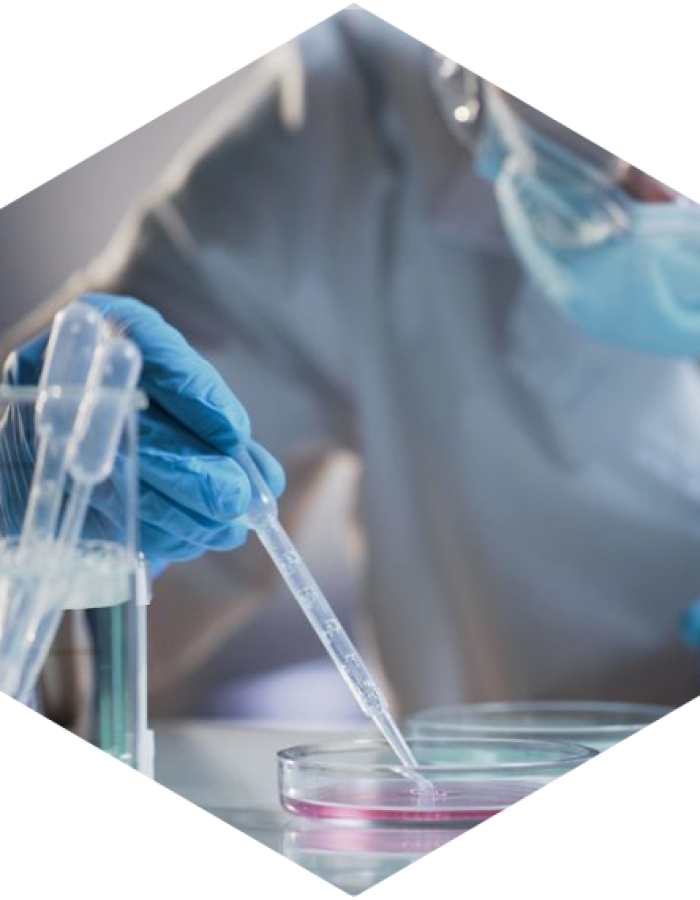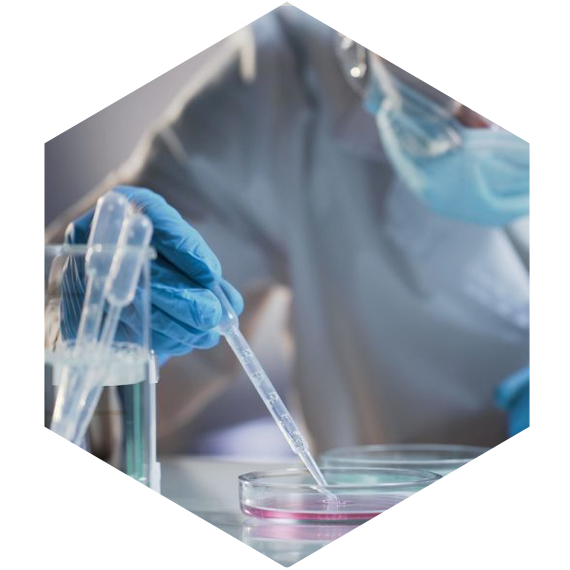What is Infectious Disease Care ?
Infectious diseases are extremely common worldwide. Many infectious diseases cause complications. These can range from mild to severe. For some conditions, complications may include wheezing, skin rash, or extreme fatigue. Mild complications usually disappear as the infection resolves.
Certain infectious diseases may cause cancer. These include hepatitis B and C (liver cancer), and human papillomavirus (HPV) (cervical cancer). Doctors diagnose infectious diseases using a variety of laboratory tests. Samples of blood, urine, stool, mucus or other body fluids are examined and provide information used in the diagnostic process. In some cases, doctors identify infectious organisms by examining them under a microscope.
- Hemodialysis is a treatment to filter wastes and water from your blood, as your kidneys.
- Did when they were healthy. Hemodialysis helps control blood pressure and balance.
- Important minerals, such as potassium, sodium, and calcium, in your blood.
- Hemodialysis can help you feel better and live longer, but it’s not a cure for kidney failure.
- You may be able to do hemodialysis at home. Normally, hemodialysis begins well before your kidneys have shut down to the point of causing life-threatening complications.
